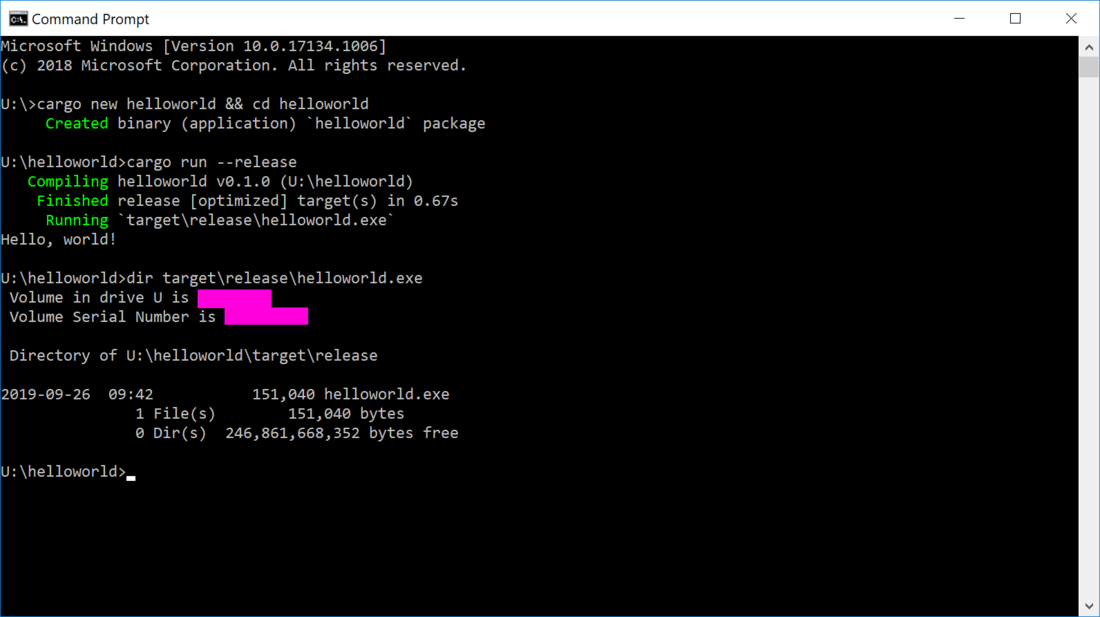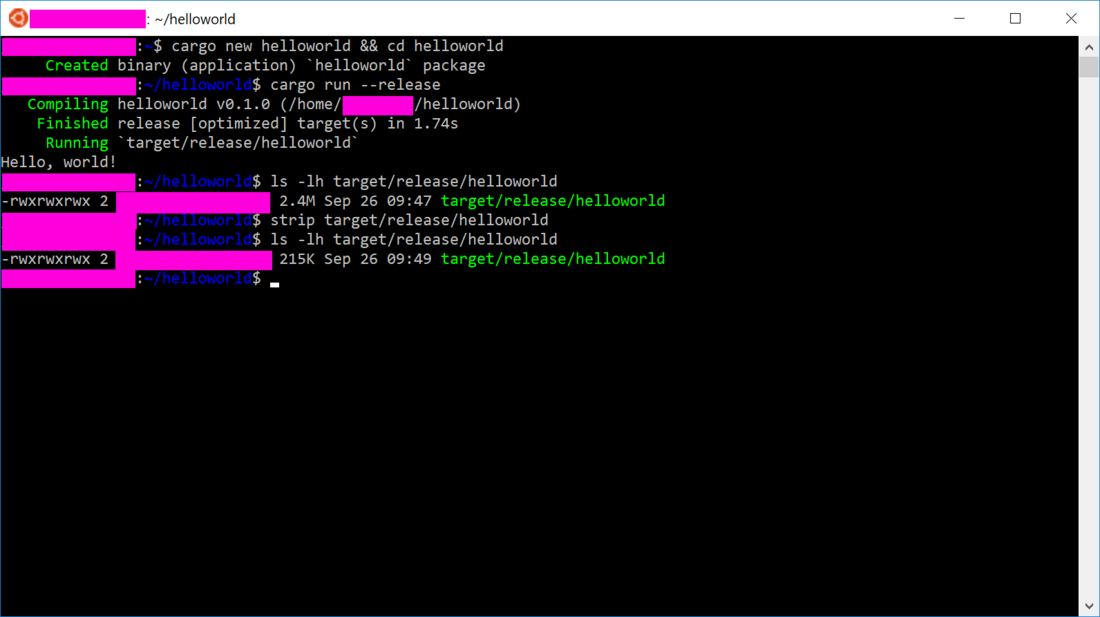Rust does not have a garbage collector. It has a borrow checker. This is what makes Rust more like C/C++/FORTRAN and less like C#, D, or Java. Rust is NOT MANAGED. This is why Rust can guarantee latencies. This is what makes Rust able to even consider touching C/C++ for "game engine" level code. The cost of memory management is fixed, and a large heap won't suddenly slow down your game.
Rust may have more overhead by statically linking more runtime support in a trivially-sized program, but that overhead isn't really material on a project of any real size. Look at the size of the version(s) of MSVCPRT.DLL you have to include in any real-size C++ program and the worry about overhead seems trivial ?
Rust is also functional, with a strict type system, like ML or Haskell (but not as strict as Haskell, so more like ML.) You might not realize it from just reading the code. This is a designed-in feature -- the benefits of functional, statically typed, programming are vast, and the main reason it hasn't caught on is 1) people don't like the syntax of existing languages, and 2) previous languages have been garbage collected, and thus had all of those problems. It's amazing what adding something as insignificant as a few braces to the syntax will do to make people "like" a language...
Rust is also designed by people who understand BOTH what it takes to deliver a real project, AND by people who understand language design. Most popular languages have been designed by people who like delivering projects, but NOT by people who actually approach language design with a solid technical foundation. Golang, Python, PHP, Ruby, Jai, D, JavaScript, and many other similar languages are all designed by people who "can write code" and "can use an existing language," but not by people who "have a strong background in programming language design and type theory."
I wish Rust the absolutely best. I know several important projects written in Rust (including the HTTP/3 stack used to serve CloudFlare, and the Servo browser rendering engine, and the ripgrep super-fast searching program.) Mainly, I'm hoping it can deliver safer code with tighter guarantees and fewer foot-guns than C++.








